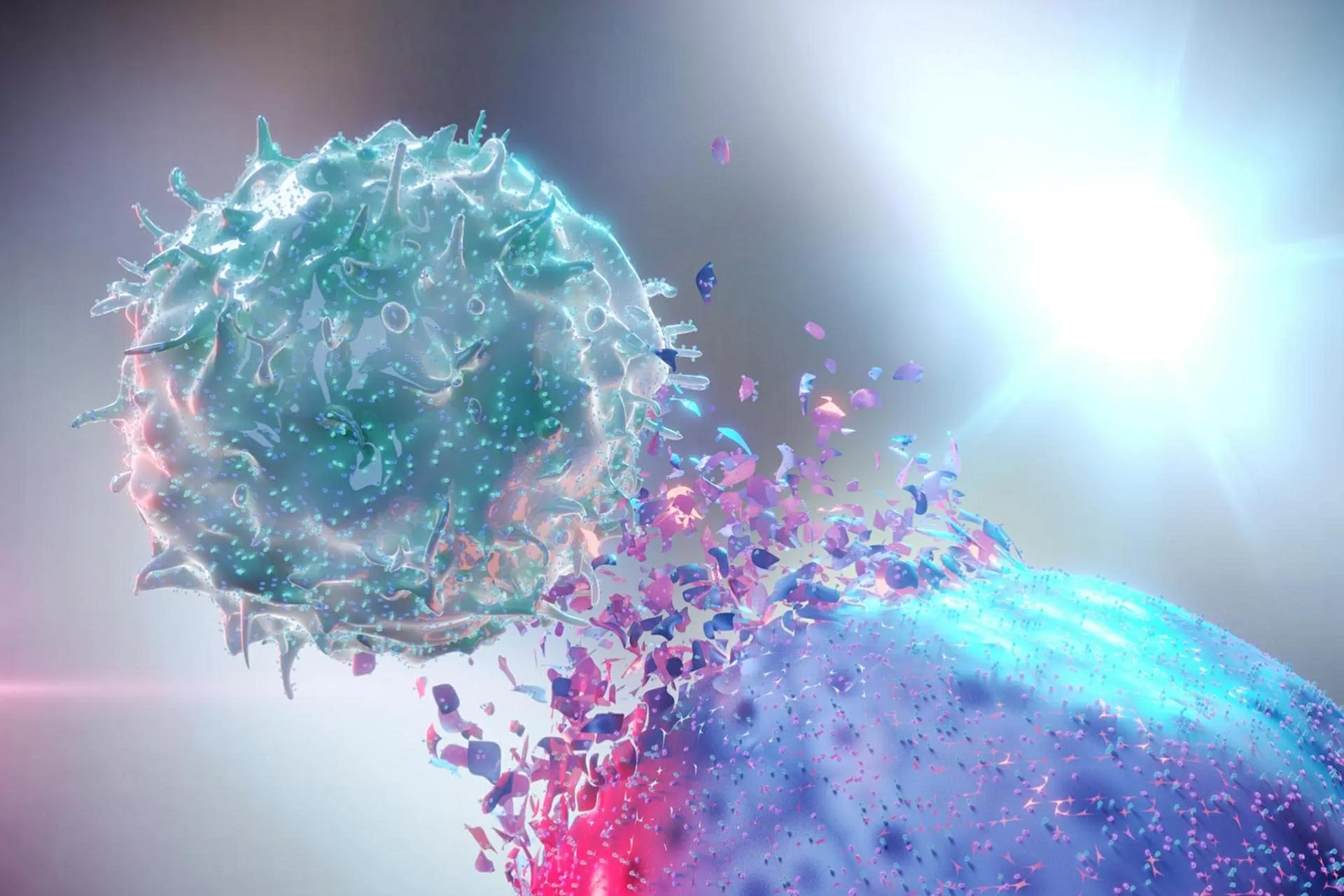 |
| Bacteria in tumors produce molecules that help increase the effectiveness of chemotherapy, opening a new direction for cancer treatment. (Source: Shutterstock) |
Scientists have just announced a breakthrough discovery about the role of bacteria in cancer treatment. Research led by the MRC Laboratory of Medical Sciences (LMS) - Imperial College London (UK) and the University of Cologne (Germany) shows that bacteria living in tumors can produce a molecule that has a strong impact on cancer growth and increases the effectiveness of chemotherapy.
While bacteria have traditionally been known for their role on the skin or in the gut, new research shows that tumors have their own “bacterial communities.” Not only do they exist passively, they also engage in a “chemical conversation” with cancer cells, thereby influencing the progression of the disease and how the body responds to treatment.
A study published in the journal Cell Systems identified a powerful anti-cancer compound produced by bacteria linked to colorectal cancer. Through screening more than 1,100 conditions on the roundworm C. elegans, the research team discovered that E. coli bacteria produce a molecule called 2-methylisocitrate (2-MiCit), which can increase the effectiveness of the chemotherapy drug 5-fluorouracil (5-FU). Tests on human cancer cells and a fly model of colorectal cancer showed that 2-MiCit had a significant effect, even helping to prolong life in the fly model.
“A substance produced by bacteria can be a powerful adjunct to chemotherapy, disrupting cancer cell metabolism and making them more vulnerable,” said Professor Filipe Cabreiro, head of the research team. According to the analysis, 2-MiCit works by inhibiting a key enzyme in mitochondria, causing DNA damage and activating mechanisms that slow cancer growth. When combined with 5-FU, the effectiveness of killing cancer cells is significantly increased.
“It is amazing that a single molecule from a bacterium can have such a profound effect on cancer progression,” said study co-author Dr. Daniel Martinez-Martinez. “It is a testament to the complexity of biology when viewed holistically.”
Notably, in collaboration with pharmaceutical chemists, the team created a synthetic version of 2-MiCit that was more potent. This result not only confirms the potential of 2-MiCit in supporting chemotherapy, but also opens the way for the development of new anti-cancer drugs based on natural compounds produced by bacteria.
The findings also help to clarify the role of the tumor-associated microbiome in disease progression, and highlight the promise of personalized medicine – where treatment is based not only on patient characteristics but also on their microbiome.
Source: https://baoquocte.vn/tang-hieu-qua-dieu-tri-ung-thu-tu-vi-khuan-329765.html








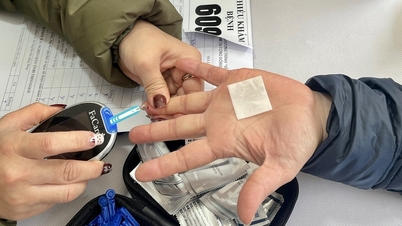



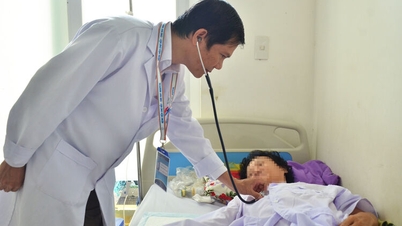

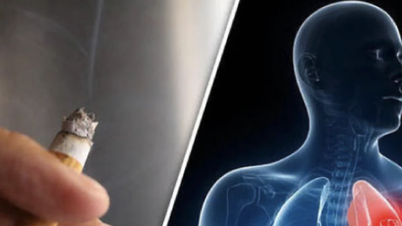


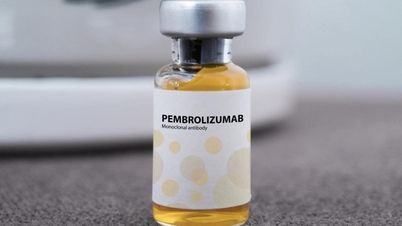

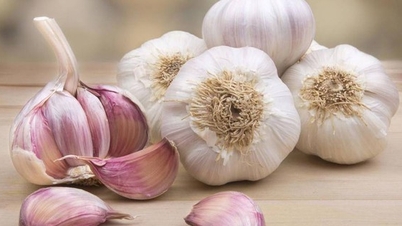

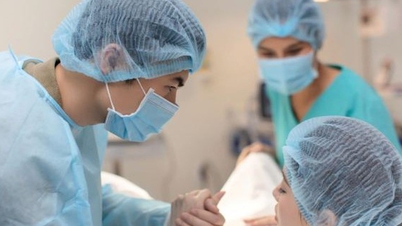

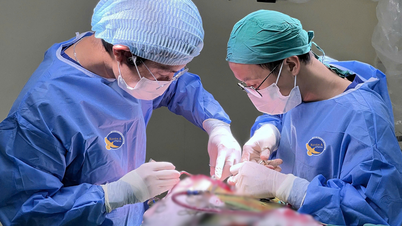







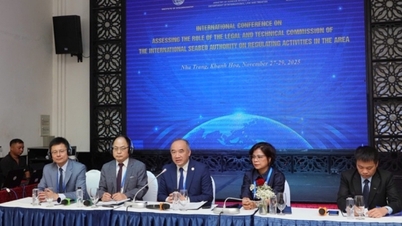
























































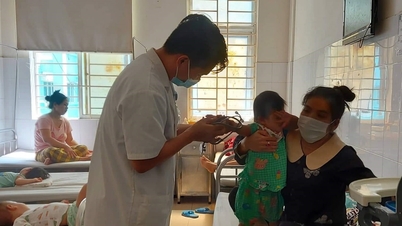



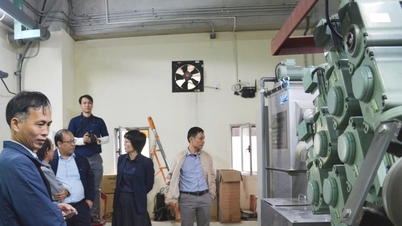
















Comment (0)